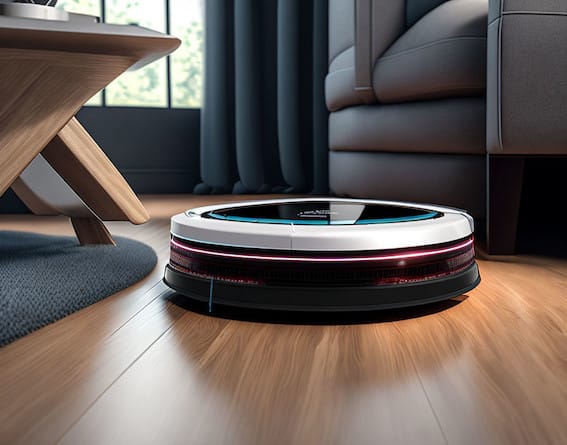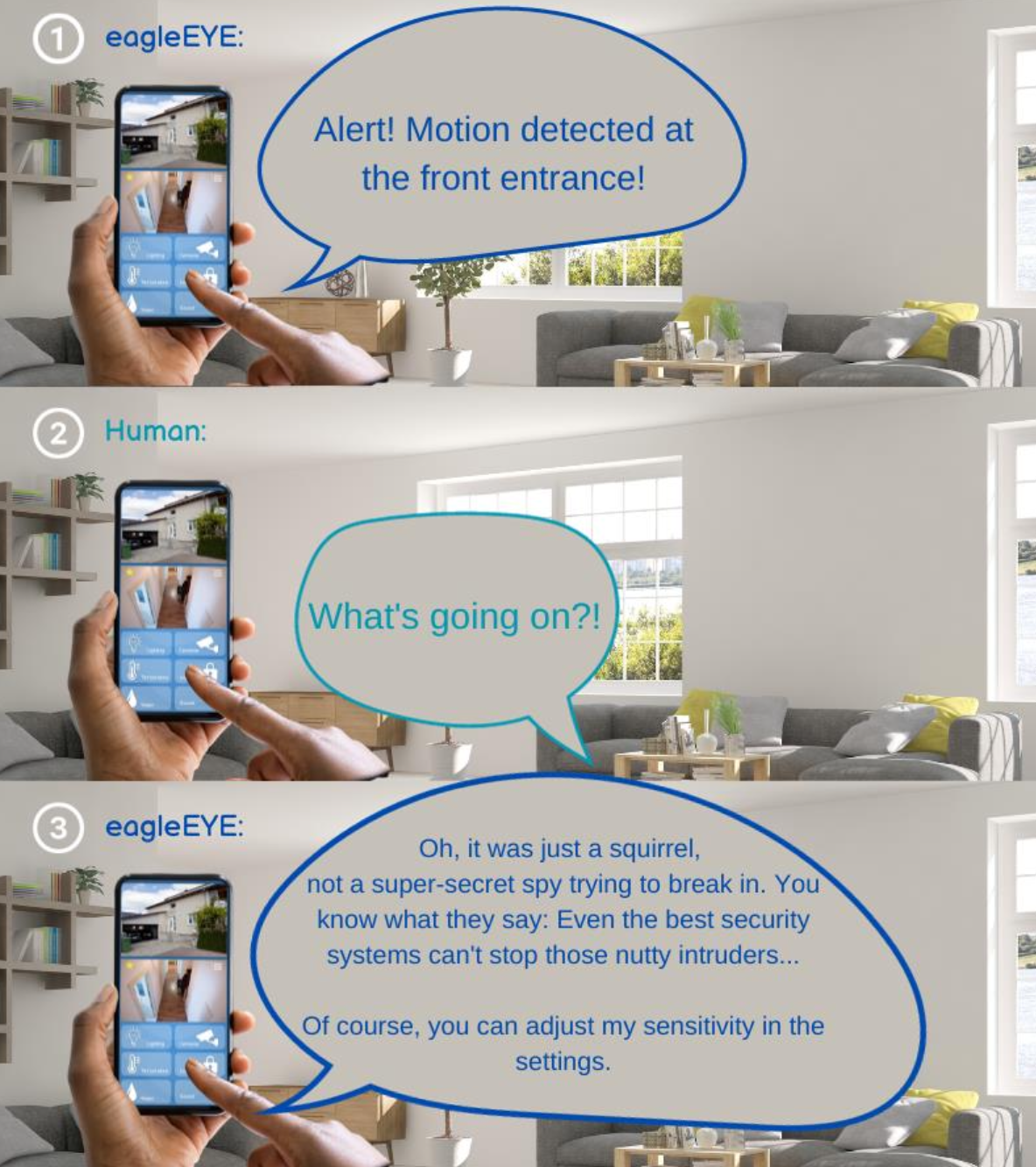1,2,3, Smile! - Humour's Role in building Trust in Smart Home Technologies

The research question addressed in our Bachelor's thesis is as follows: How do affiliative and aggressive humour impact trust-building in Smart Home Technologies?
Specifically, we aimed to investigate whether trust in Smart Home Technologies, measured in terms of human-like and system-like trust, can be enhanced through the human-like attribute of "humour," expressed in affiliative and aggressive forms.
Our research builds upon the findings of a prior study conducted by Tereschenko et al. in 2022. The researchers examined whether affiliative humor positively affects perceived social presence and human-like trust in a Smart Home Technology, namely, a smart vacuum cleaner. Their results indicate that affiliative humour leads to increased perceived social presence and subsequently to higher levels of human-like trust.
To conduct our study, we undertook an extensive literature review. In the initial phase, we sought to comprehend the phenomenon of anthropomorphism, which attributes human-like characteristics to non-human entities. We delved into the human-like attribute of "humour," understanding its various forms and diverse objectives. Furthermore, we explored the concept of trust in technologies, and realised, that trust can be measured through various factors. We also reviewed previous studies on technologies possessing human-like attributes and their impact on human interaction.
We formulated our hypotheses for the research question based on the Expectation Violation Theory, which describes the effects of met or unmet expectations that individuals have for observed interactions.
We hypothesized that humour has a positive impact on perceived social presence. Additionally, we hypothesized that humour positively influences both human-like trust and system-like trust. Furthermore, we proposed hypotheses suggesting that Smart Home Technologies in the security domain align better with aggressive humour, while those in the entertainment domain match better with affiliative humour.
To test our hypotheses, we conducted a scenario-based, randomized online experiment featuring six vignettes. The scenarios, representing conversations between humans and Smart Home Technologies, were generated using artificial intelligence and had to be observed and evaluated by the participants. All measurement items were adapted from previous studies.
In addition to the fixed dependent variables (two types of humor and two Smart Home Technologies), we included six covariates, previously considered in Terescheko et al.'s study (2022). These covariates (perceived enjoyment, technology attitudes, perceived personality similarity, personal relevance, usage intention, or buying intention) served as control variables in the experiment, acting as predictors for our results.
Our findings reveal that humour in Smart Home Technologies indeed has a positive impact on perceived social presence, independent, which kind of humour was applied. Further our experiment did not yield statistically significant evidence that aggressive or affiliative humour directly influence the system-like or human-like trust. However, through the incorporation of covariates in the analysis, we observe a trend: the Expectation Violation Theory is partially confirmed, particularly as perceived enjoyment, perceived personality similarity, and usage intention indicate that aggressive humor, when paired with Smart Home Technology in the security domain, leads to an increase in system-like trust. The research hence underscores that the key to a user’s perception of social presence and trust in smart home technologies lies less in the humour used and more in the enjoyment and relatability of the interaction.
#smarthometechnology #humancomputerinteraction #anthropomorphism #userexperience #UX #bwi #bba
Authors: Marta Baran, Juliette Vincent
University: Bern University of Applied Sciences, Business School
